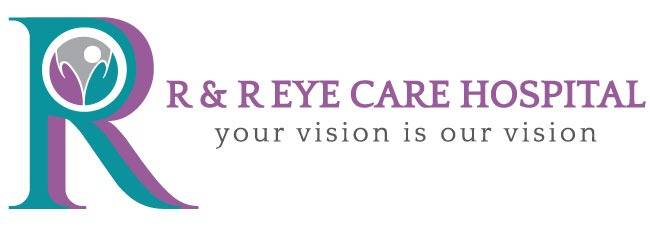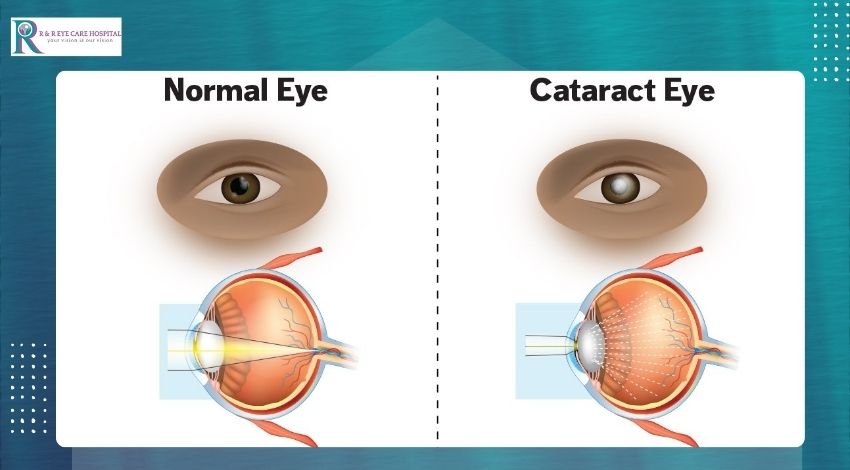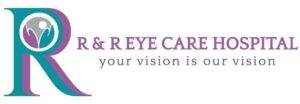Cataracts are a leading cause of vision impairment among older adults, but they can be effectively managed with modern medical interventions. This blog post delves into the causes, symptoms, and the latest treatment options available for cataracts, providing essential information for those affected or at risk.
What are Cataracts? A cataract occurs when the natural lens of the eye becomes cloudy, usually due to aging, blocking light that would normally help you see. We explore the biological processes behind lens clouding and its impact on vision.
Causes of Cataracts
Several factors contribute to the development of cataracts:
- Aging: The most common cause, affecting the majority of cases.
- Medical conditions: Such as diabetes, which can accelerate cataract development.
- Environmental factors: Including prolonged exposure to UV light and smoking.
- Genetic factors: Family history can play a role in predisposition to cataracts.
Symptoms of Cataracts
Identifying cataracts early can lead to more effective management. Key symptoms include:
- Blurred vision: Feeling like you’re looking through a foggy window.
- Glare sensitivity: Difficulty seeing in bright light or at night.
- Color dullness: Faded or yellowed color perception.
Treatment Options
Modern treatment options offer effective solutions for cataracts:
- Surgical removal: The most common and effective treatment, where the clouded lens is replaced with a clear artificial lens.
- Phacoemulsification: A minimally invasive form of surgery that uses ultrasound waves to break up the cloudy lens.
- Laser-assisted cataract surgery: A precise and increasingly popular method.
When to Seek Treatment
The decision to undergo surgery depends on the severity of symptoms and their impact on daily life. Our experts recommend regular eye examinations to monitor cataract progression and determine the best time for intervention.
Conclusion
Understanding cataracts is key to managing and treating them effectively. With modern surgical techniques, most people who undergo cataract surgery experience a significant improvement in vision.
Contact Information
If you or a loved one is experiencing symptoms of cataracts, don’t wait. Contact R and R Eye Care at +91 7710077177 or visit our website at www.rnreyecare.com for expert consultation and treatment options.




Leave A Comment